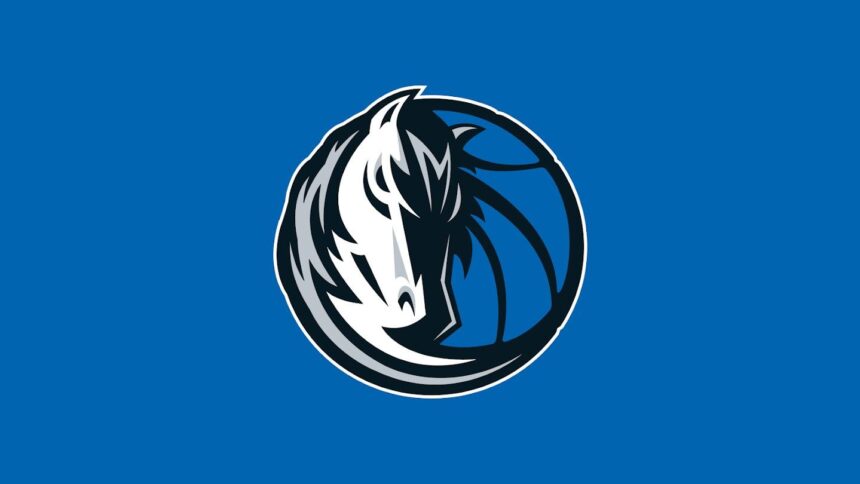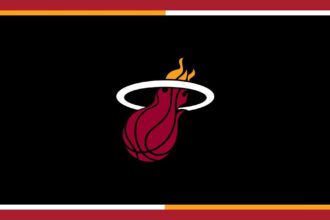In a tightly contested matchup on Tuesday night, the Dallas Mavericks fell short against the Charlotte Hornets, dropping a 120-116 decision at home. Despite a valiant effort from the Mavericks’ key players, Charlotte’s balanced offensive attack proved just enough to secure the win. Here are three key observations from the game that highlight what went wrong for Dallas and what the team can take away moving forward.
Mavericks Struggle with Defensive Rotations as Hornets Exploit Gaps
The Mavericks’ defense showed alarming cracks throughout the game, especially when it came to rotations. The Hornets capitalized on these lapses, repeatedly finding open shooters and exploiting mismatches in transition. Dallas struggled to close gaps quickly, leading to several high-percentage looks for Charlotte. The Hornets’ ball movement was crisp, forcing the Mavericks into leaving their man briefly unguarded – and that brief moment was all it took for Charlotte to strike. The result was a series of momentum-shifting baskets that kept Dallas on its heels for much of the evening.
Key defensive struggles included:
- Slow closeouts on perimeter shooters, allowing multiple open three-point attempts
- Confusion in help-side rotations, causing breakdowns in coverage near the basket
- Lack of communication on switches, leading to mismatches exploited by Hornets’ guards
| Defensive Metric | Mavericks | Hornets |
|---|---|---|
| Opp FG % in Paint | 56% | 48% |
| Opp 3P FG % | 42% | 34% |
| Defensive Rotations Score | 5/10 | 8/10 |
Dallas Offensive Sets Lack Cohesion Leading to Inefficient Scoring Opportunities
Throughout the game, Dallas struggled to generate fluid offensive sequences, often resorting to isolation plays that stalled momentum. The lack of synchronized movement off the ball and poor spacing allowed Charlotte’s defense to collapse in the paint, forcing contested shots and rushed decisions. Even with Luka Doncic’s impressive individual effort, the Mavericks’ offensive schemes showed cracks, with several possessions ending prematurely due to miscommunication and ill-timed passes.
Key issues included:
- Inconsistent pick-and-roll execution: Dallas failed to capitalize on the mismatches created, resulting in limited open looks for shooters.
- Limited ball movement: The team recorded only 17 assists, reflecting a breakdown in sharing the ball effectively.
- Predictable sets: Charlotte’s defense adapted quickly to Dallas’s repetitive offensive patterns, neutralizing the Mavericks’ primary scoring options.
| Category | Dallas | Charlotte |
|---|---|---|
| Assists | 17 | 28 |
| Average Shot Distance | 18.3 ft | 14.7 ft |
| Turnovers | 14 | 11 |
Adjusting Bench Usage Critical for Mavs to Regain Fourth Quarter Stability
Dallas’ bench struggled to maintain momentum in the crucial final minutes, a factor that significantly contributed to their fourth-quarter slide. The Mavericks must find the right balance between veterans and younger talent off the bench to secure a more stable and effective rotation. With key players on the bench unable to provide consistent scoring or defensive intensity, the Hornets capitalized on this gap, altering the game’s dynamic down the stretch. Coach Jason Kidd’s adjustments need to emphasize rhythm, energy, and defensive toughness from the reserves to prevent late-game collapses moving forward.
Examining the Mavericks’ bench output reveals a concerning trend: inconsistency in both scoring and playmaking. While Luka Doncic and the starters handled most offensive duties, Dallas failed to get substantial contributions from secondary players, which was evident in the fourth quarter. An optimized bench rotation could look like this:
| Player Role | Expected Contribution |
|---|---|
| Veteran Scorer | 10+ points, clutch shooting |
| Defensive Specialist | Lockdown perimeter defense |
| Energy Player | High-intensity hustle plays |
| Playmaker | Create open shots, assist distribution |
Implementing such a structure would help the Mavericks not only stay competitive but also stabilize their play when starters rest, ultimately improving their chances of closing games strong against tough opponents like Charlotte.
Insights and Conclusions
As the Mavericks regroup following their narrow 120-116 loss to the Hornets, key questions remain about their consistency and ability to close out tight games. While Dallas showcased moments of promise, the defeat underscores areas that require immediate attention if they hope to contend in a competitive Western Conference. Moving forward, how head coach Jason Kidd and his squad respond will be crucial in defining the trajectory of their season. Fans and analysts alike will be watching closely as the Mavericks aim to bounce back and regain momentum.














